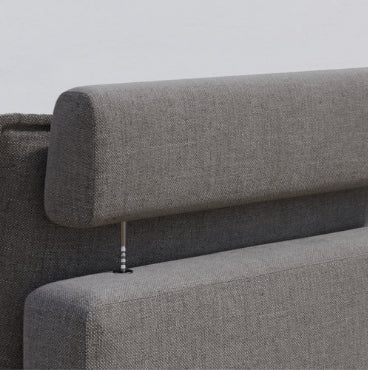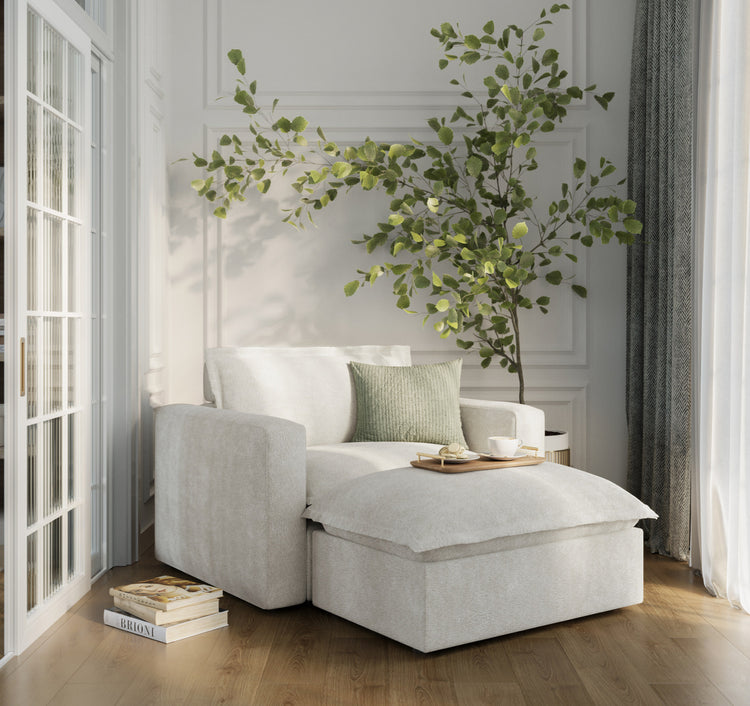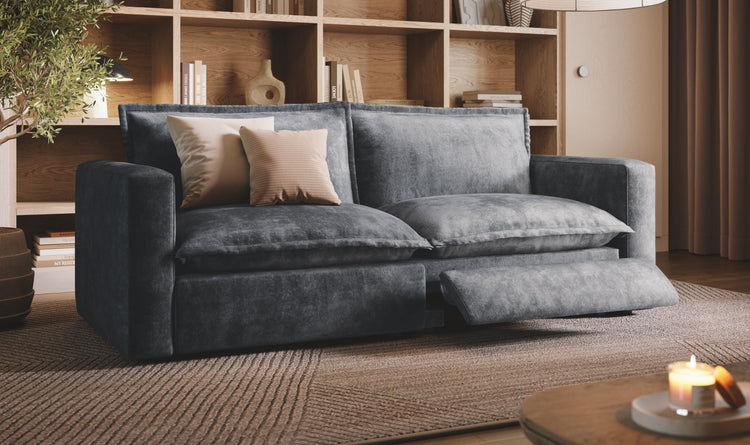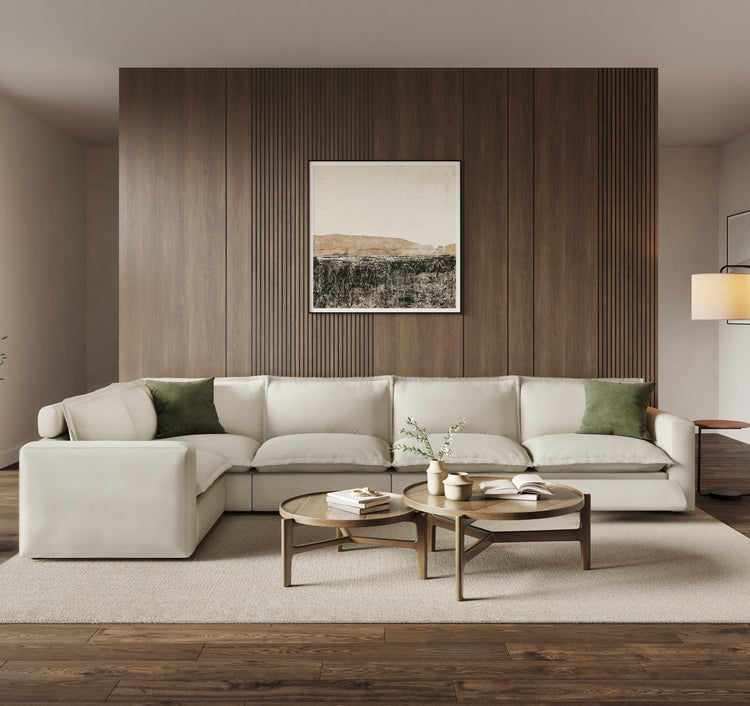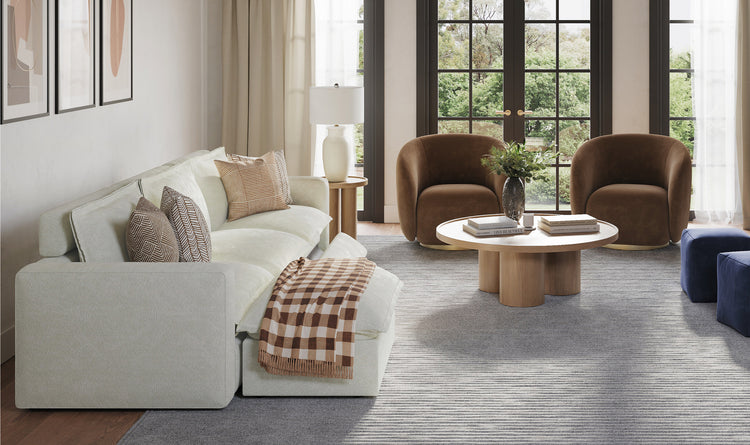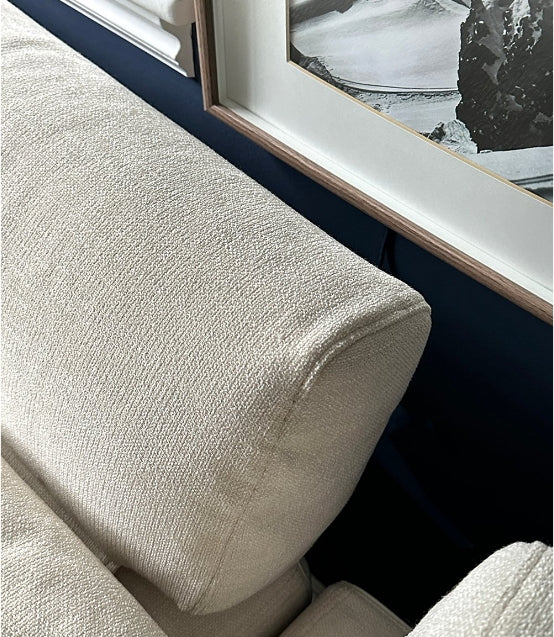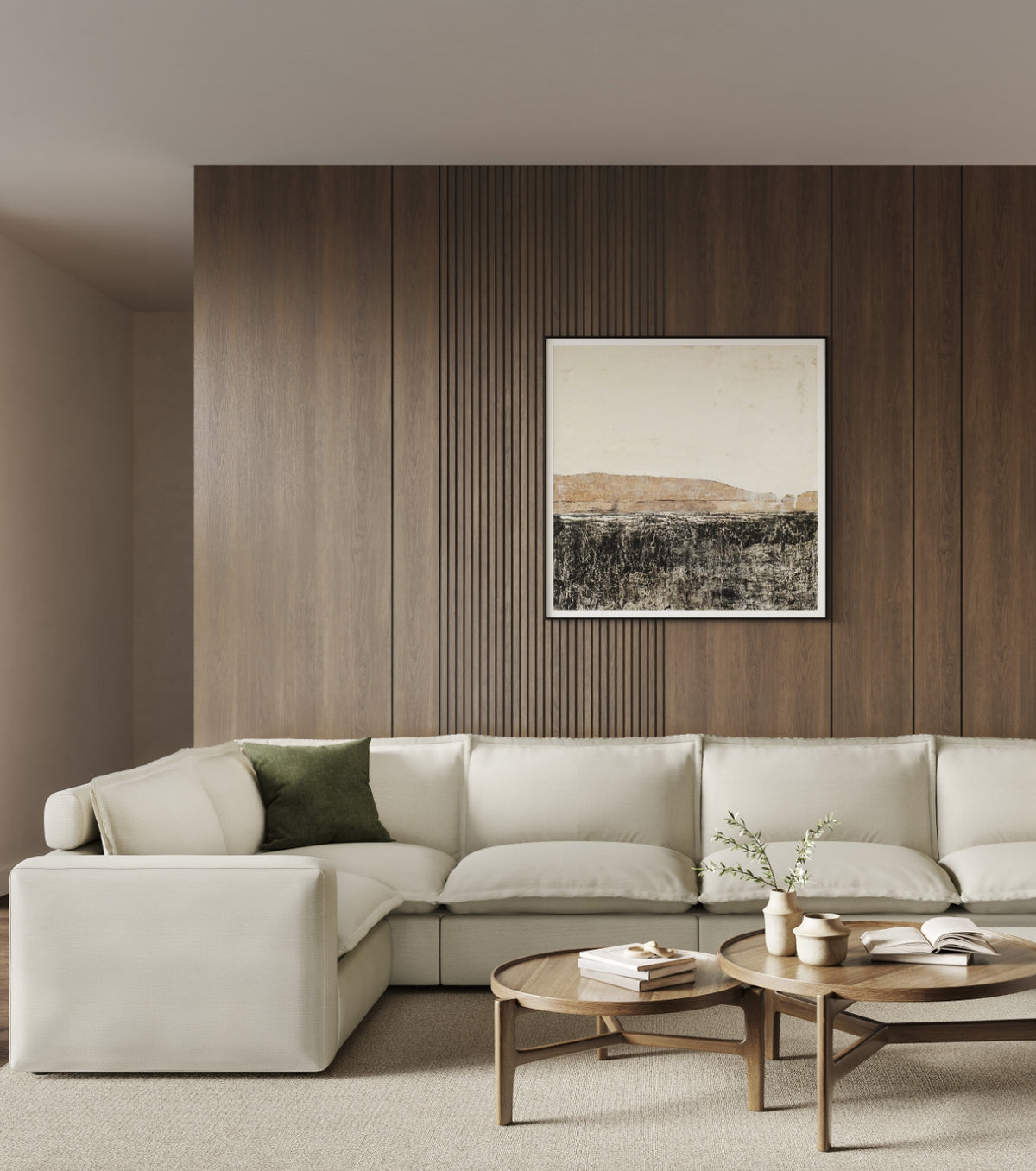If you've ever had a bad back, you know how important it is to find the right couch. It's not just about how it looks in your living room but how it makes your back feel. A good sofa can be a lifesaver for your sore back, giving you that "ahh" moment instead of an "ouch." In this article, we'll dive into what makes a couch great for people who struggle with back pain, and how to pick one that brings comfort, not worry.
How Does Your Couch Affect Your Back Comfort?
Why Does My Back Hurt?
Sometimes, that ache in your back comes from places you least expect-like your couch. Your spine can take a beating from daily tasks, but did you know the wrong sofa can add to the problem? It's all about support. Without it, even chilling out can strain muscles and press on nerves. That's why picking a couch isn't just about the color or fabric; it's about what's going on inside it that counts for your back.

The Couch-Back Connection
Think of your couch as a teammate for your spine. A saggy couch can leave your lower back hanging, forcing your muscles to work overtime to keep you upright. An overly fluffy one? It might feel like sitting on a cloud at first, but without firm support, your posture could crumble. The right couch will have your back, literally, helping maintain the natural curve of your spine and distributing weight evenly.
What Should You Look for in a Back-Supporting Sofa?
1. Firmness That Fits
When searching for the perfect sofa, prioritize finding one with a cushion core made of high-resilient foam or a spring-fiber blend. This type of material is key for a bounce-back feel that won't give out under you after years of lounging. Additionally, supportive seating is critical-the cushions should be just firm enough to hold you comfortably without letting you sink in too far, which can lead to spine misalignment and discomfort.
2. Correct Height and Seat Depth
The height of your sofa seat plays a crucial role in maintaining good posture. Choose a sofa that allows your feet to rest flat on the floor while sitting-this is usually achieved with a seat height between 18 to 22 inches, accommodating most adults. Equally important is the seat depth; it should be generous enough to sit with your back snug against the backrest and your knees forming a 90-degree angle. Be wary of seats that are too deep, as they can hinder your ability to rise easily and may cause pressure behind your knees.
3. Lumbar Support
For those needing extra attention for their lower back, sofas with built-in lumbar support are a godsend. They help maintain the natural inward curve of your spine. If you're looking for more customization, sofas with adjustable backrests can provide personalized support exactly where you need it, ensuring your comfort during long periods of sitting.

4. Armrest Considerations
Don't overlook the armrests-they should match the natural resting height of your arms for effortless comfort. The right padding on armrests can also relieve stress on your elbows and forearms and serve as an aid when you need to stand up from the sofa, providing leverage without causing strain.
5. Easy-to-Maintain Posture
Last but certainly not least, the sofa's backrest and seat shape contribute to an easy-to-maintain posture. A backrest that encourages an upright position, with just enough recline, can significantly lessen spinal pressure. Look for a seat that is slightly scooped to cradle your form but remains level to keep your pelvis stable, ensuring both immediate comfort and preventative care for your posture over time.
What Couch Types Suit Your Comfort Needs?
1. The Deal with Traditional Sofas
When we think of a classic couch, comfort might spring to mind. But is it always kind to your back? Traditional sofas can be hit or miss. They often have soft cushions that lure you in but don't offer much lumbar support. That's the lower part of your back that really needs to stay happy. If you're eyeing a traditional sofa, look for one with firmer cushions and maybe even a slight recline that keeps your spine happy.
2. Recliners: Relaxing or Troublesome?
Recliners can be a dream come true for sore backs-when they're used right. A good recliner adjusts and gives your back the kind of support it gets from a great office chair. Plus, putting your feet up can take pressure off your spine. Just watch out for recliners that are too soft or that tip back too easily; they can make your back work harder, not less.
3. Why Ergonomic Couches Stand Out
Ergonomic couches are specially designed to support people with back pain. They're designed with your body in mind, aiming to keep you in a natural, strain-free position. These couches usually have firmer cushions, structured backrests, and supportive seat depths that prevent slouching. Some even come with built-in lumbar supports tailored to hug your lower back just right.
4. Modular Sofas: The Custom Fit
Modular sofas are the mix-and-match puzzles of furniture. You can arrange and rearrange them to fit your space and your back. Want more support here, less height there? No problem. Modular designs let you add, remove, or adjust sections for a personalized setup. It's like having a couch that's custom-made for your back's moods.
Choosing the right couch is about finding harmony between comfort and support. With these insights, you're ready to pick a couch that doesn't just look good in your living room, but feels good on your back too.
What Should You Think About Besides the Couch?
Sizing Up Your Space and Your Seat
Size matters when it comes to picking a couch for your bad back. It's not just about whether it fits through your front door; it's about how it fits you. You want a seat that lets your feet touch the floor while your back rests against the back cushion. And there's the space in your room-too big, and your living area feels cramped (not to mention it's harder to get up from a deep sofa); too small, and you won't have enough room to find your perfect spot.
Lifestyle Matters: How You Use Your Sofa
Your daily life plays a big part in choosing the right couch. If you're often lounging for movie marathons, you'll need something with serious support. Got kids or pets? Then you'll need a durable couch that can take a beating and is easy to clean. And if you work from your sofa, make sure you have enough structure to not end up slumped over your laptop.

Final Thoughts
Choosing the right couch when you have a bad back is really about finding a comfortable ally for your spine. The best fit will offer firm support, be just the right height and depth for your legs and back, and mesh with your lifestyle-be it a sturdy traditional sofa or a customizable modular one. Remember, everyone's pain is unique, so what works for one person may not work for another; listen to how your body feels when you test out each option. With the perfect couch, you'll be able to truly relax at home, free of pain, surrounded by comfort that's tailored just for you-and that's a choice that looks after both your well-being and your living room's style.

